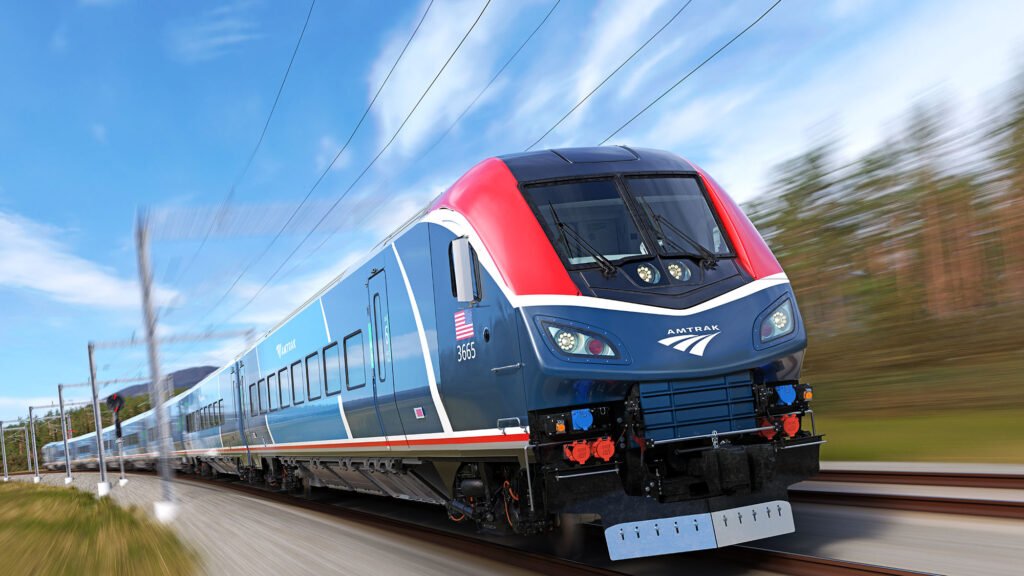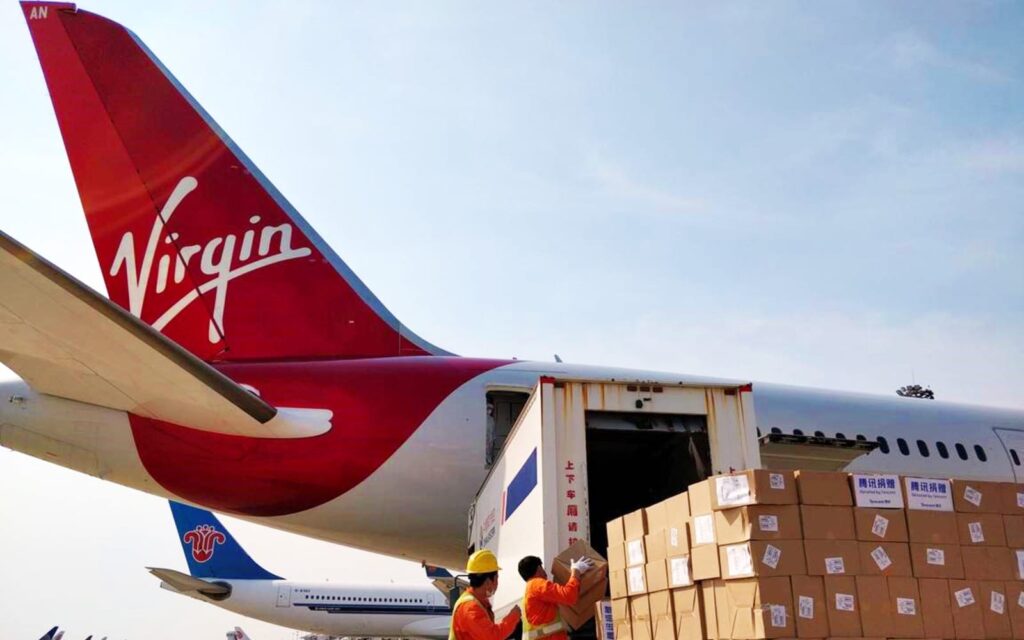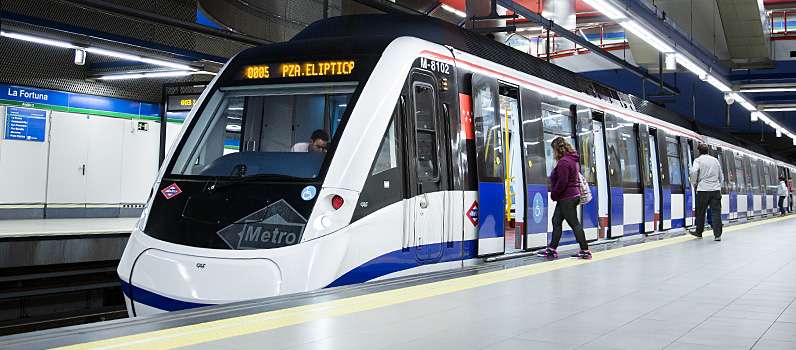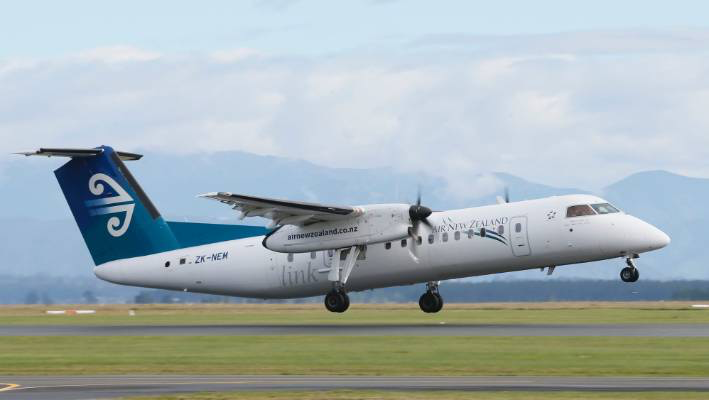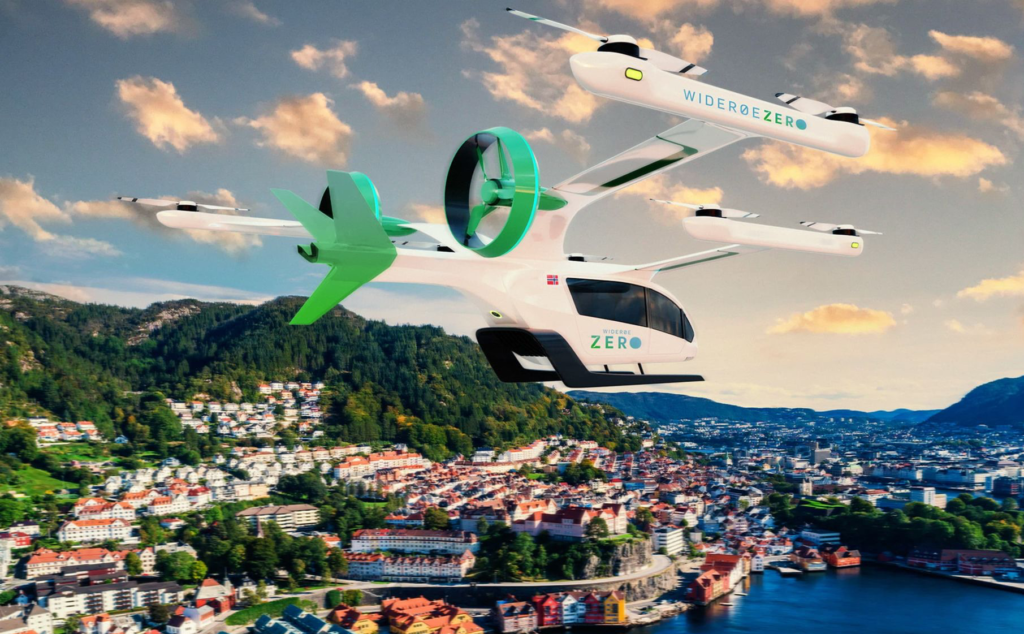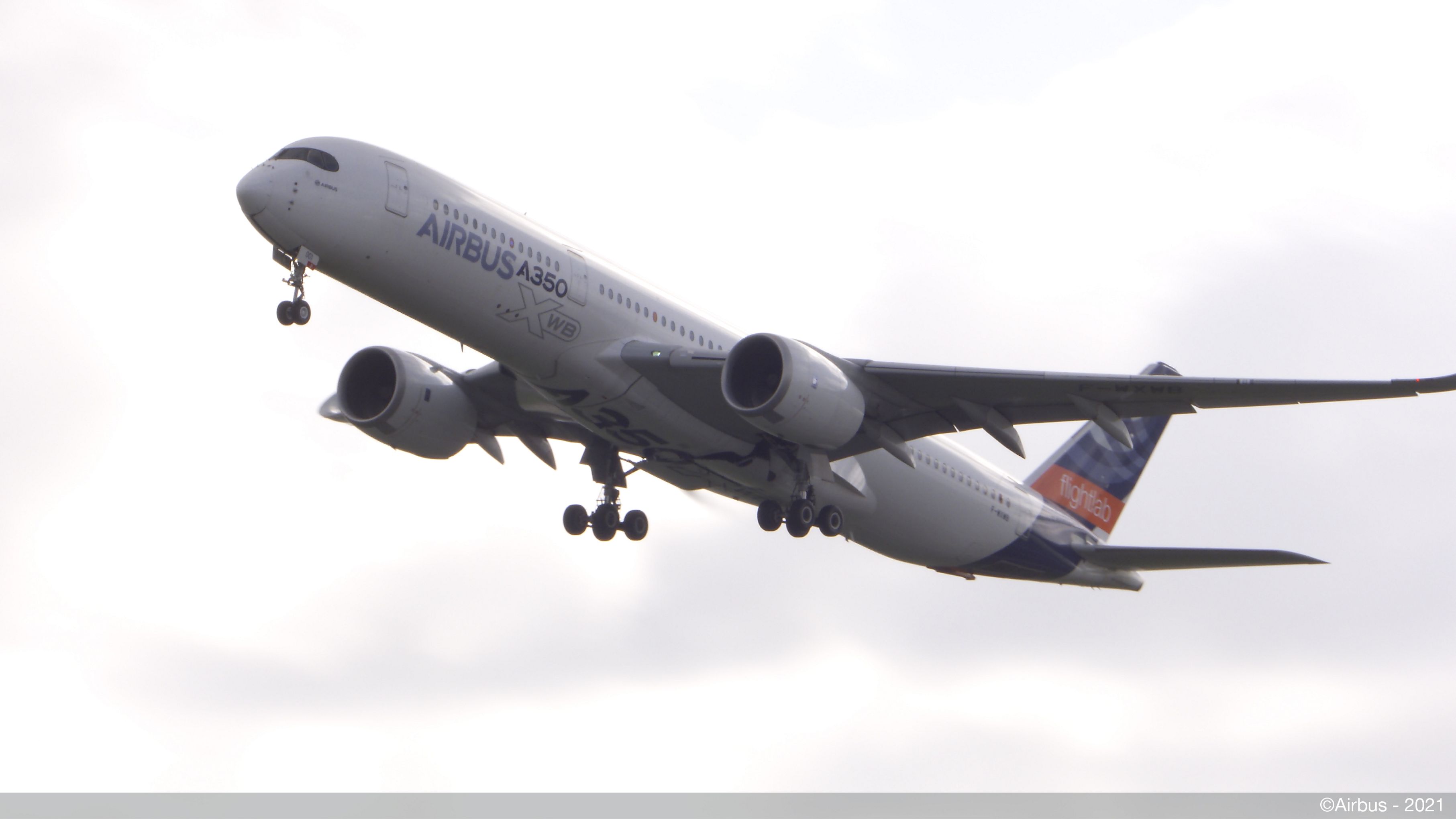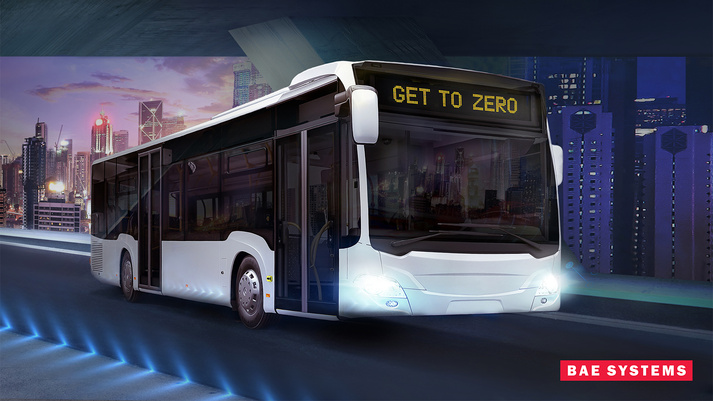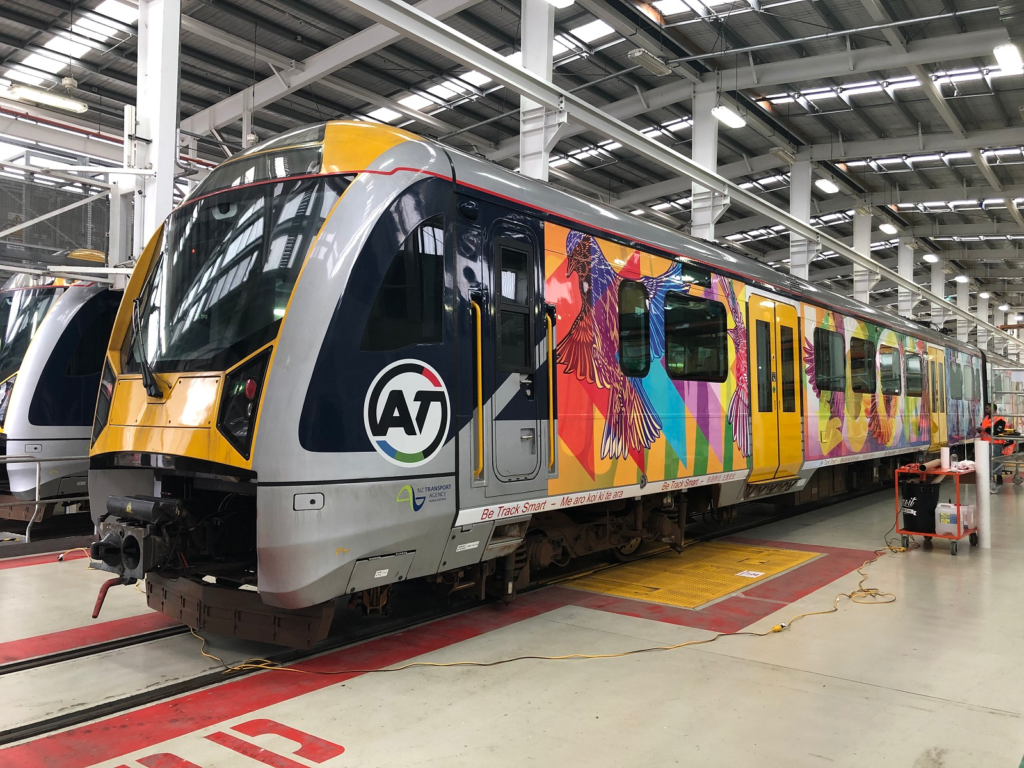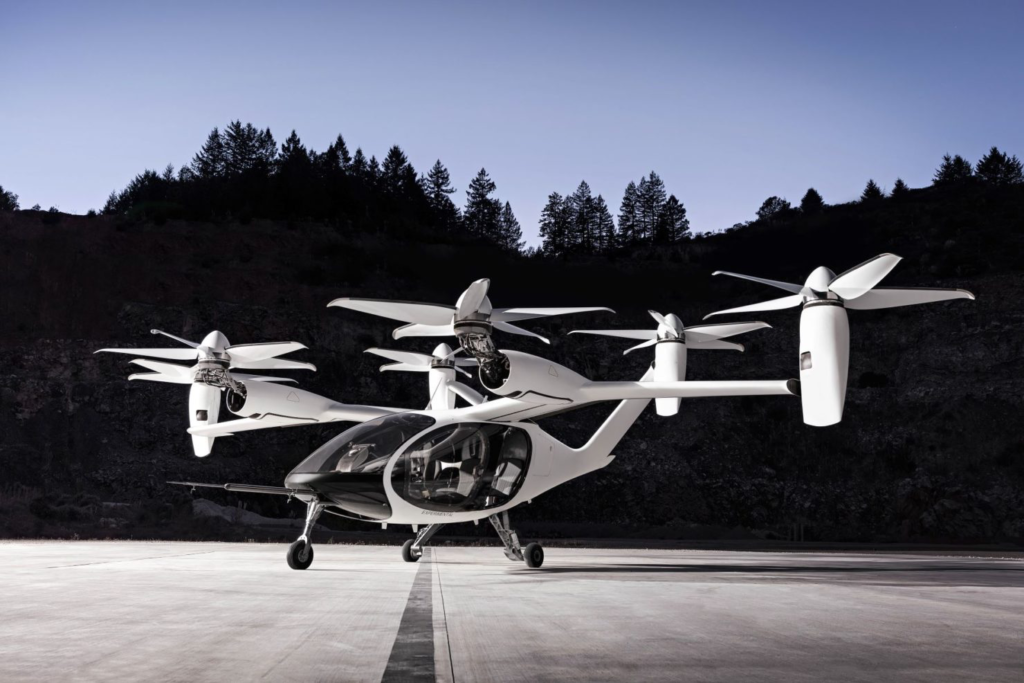Amtrak Airo Trainsets Ordered to Meet Surging Demand
Washington, D.C. – Amtrak executed a contract option to order 10 additional Amtrak Airo trainsets as demand for passenger rail travel exceeds expectations. This brings the total contract order to 83 trainsets. The first Amtrak Airo trainset is scheduled…
